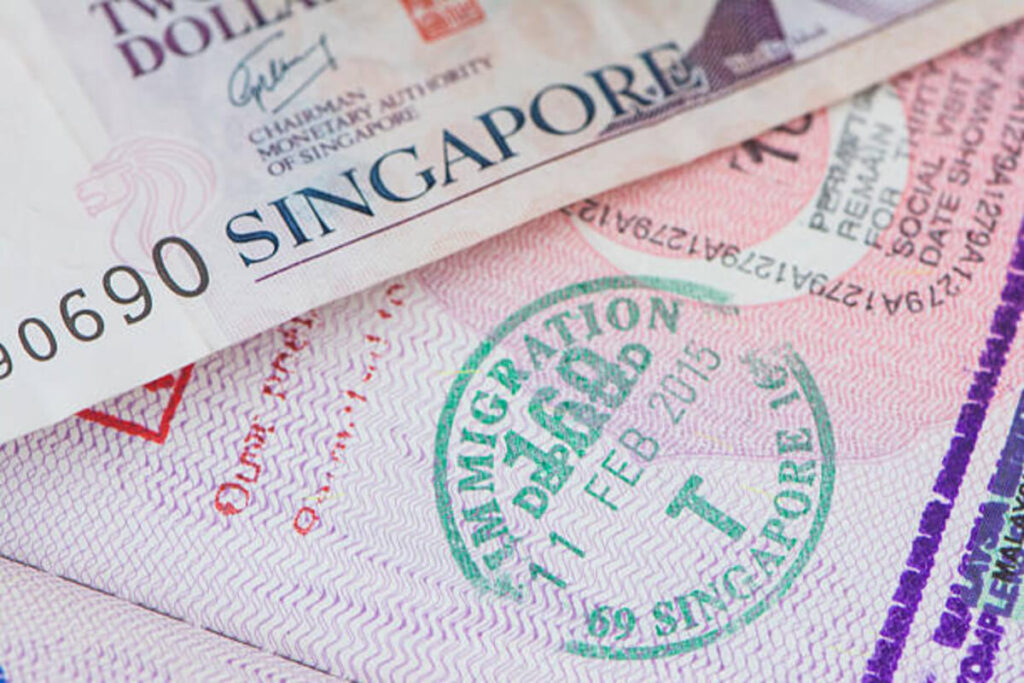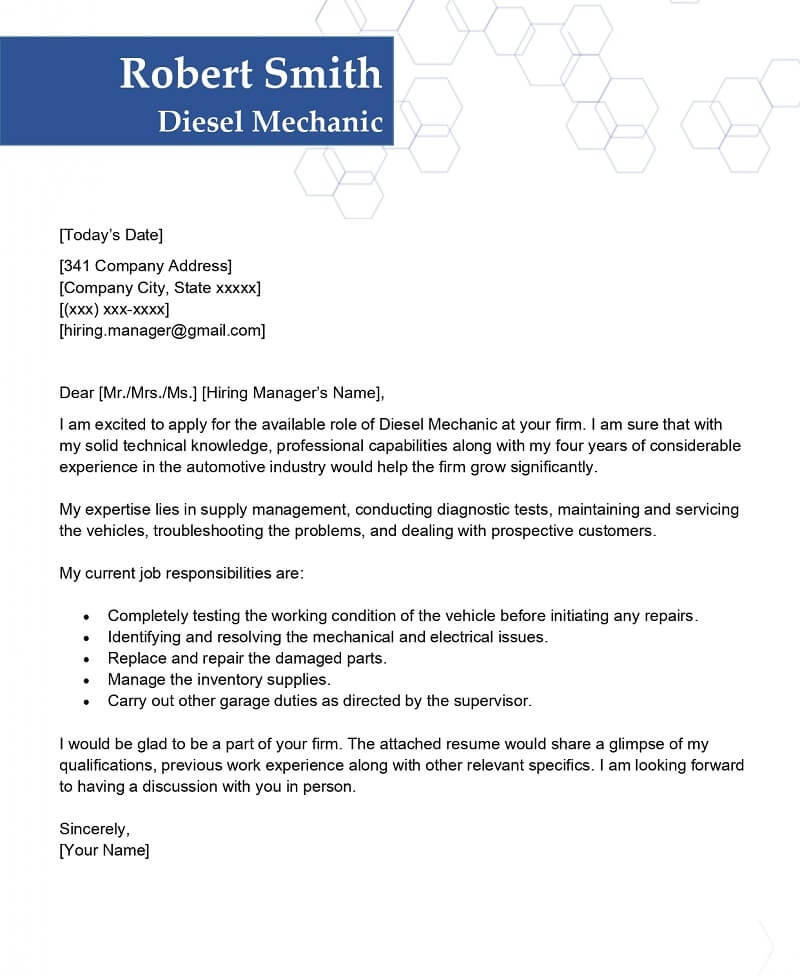Many people apply for visas, green cards, or other immigration benefits without realising that certain mistakes or issues can cause serious problems. These problems are often known as immigration red flags. They can lead to long delays, extra background checks, or even complete denial of your application.
Advertisement
Whether you’re applying for the first time or reapplying after a refusal, knowing what to avoid is key. Immigration red flags: what could get your application denied is something every applicant should understand before submitting any paperwork. This guide explains the most common red flags and shows you how to avoid them with simple steps.
Why Understanding Red Flags Matters
When applying for immigration, knowing what can cause your application to be denied is crucial. Many applicants make simple mistakes or overlook key requirements that lead to delays or outright rejection. Understanding these red flags helps you prepare a strong, complete application.

Avoiding common pitfalls saves time, stress, and money. This guide focuses on clear, practical advice to help you recognise and fix issues before you submit. By following these straightforward steps, you improve your chances of success and make the process smoother and more predictable.
- Briefly explain that immigration applications face denial mainly due to common red flags.
- Promise practical, clear guidance to avoid these pitfalls and improve chances of approval.
Read: How to Build Credit Abroad as a New Immigrant
Common Immigration Red Flags That Lead to Denial
Immigration applications often get denied due to several recurring red flags. Common causes include incomplete or inaccurate forms, which raise doubts about your credibility. Missing or insufficient documents can stall your case or cause refusal. A criminal record or security concerns trigger automatic denials.
Previous immigration violations or overstaying visas harm your eligibility. Financial instability can signal that you may not support yourself. Fraud or misrepresentation of facts undermines trust. Health issues and failure to meet specific criteria also lead to rejection. Recognising these red flags early helps you avoid costly mistakes.
- List and explain the top red flags clearly and simply. Each point focuses on a key reason applications get denied.
Examples:
- Incomplete or inaccurate information
- Missing or insufficient documentation
- Criminal records or security concerns
- Previous immigration violations or overstays
- Financial instability or inability to prove funds
- Fraud or misrepresentation of facts
- Health-related grounds (contagious diseases, lack of required medical exams)
- Failure to meet eligibility criteria (age, relationship proof, job qualifications)
How to Avoid These Red Flags: Practical Steps
Avoiding immigration red flags starts with careful preparation. Double-check every form for accuracy to prevent errors. Make sure to gather and submit all required documents, such as identification, proof of funds, or relationship evidence. Be honest about your background, including any past legal or immigration issues.

If you have concerns, consult an immigration attorney for guidance. Complete all medical exams and screenings on time. Confirm you meet eligibility requirements before applying. Taking these simple, proactive steps lowers your risk of denial and makes your application stronger and more trustworthy.
- Provide straightforward solutions for each red flag.
- Use active language and simple instructions.
Examples:
- Double-check all forms for accuracy before submitting.
- Gather and submit all required supporting documents.
- Disclose past issues honestly, and explain circumstances if needed.
- Consult a legal expert if you have a criminal or immigration history.
- Prove financial stability with clear bank statements or sponsorship letters.
- Complete all required medical exams on time.
- Understand eligibility rules thoroughly and confirm you meet them.
Read: Building a Financial Safety Net Before Moving Abroad
What To Do If You Encounter a Red Flag During Your Process
If you discover a red flag while preparing or after submitting your application, act quickly. Review the issue carefully and gather any missing documents or clarifications. Contact an immigration lawyer or expert immediately to assess your options. Ignoring a red flag can lead to denial or longer delays.
Depending on the situation, you may be able to submit additional evidence, request a review, or file an appeal. Addressing problems early improves your chances of resolving them. Staying proactive and informed helps you keep your application on track and avoid unnecessary rejection.
- Advise immediate actions to take if a red flag arises.
- Suggest seeking professional help promptly to avoid delays or denial.
- Explain the appeal or reapplication options briefly.
Keep Your Application Strong
To keep your application strong, always be honest and transparent. Avoid withholding information, as this can cause serious problems. Submit your forms and documents early to give yourself time for corrections. Keep copies of everything you send, so you have proof if needed.
Follow the official instructions closely each immigration category has specific requirements. If you’re unsure about anything, seek advice from trusted professionals. Staying organised, truthful, and thorough builds trust with immigration authorities and increases your chances of approval. Small details matter, so don’t rush or skip steps.
- Stay honest and transparent.
- Submit everything early to avoid rushed mistakes.
- Keep copies of all documents submitted.
- Follow official guidelines carefully.
Protect Your Application, Boost Your Approval Chances
Protecting your immigration application means avoiding common red flags and preparing carefully. By following clear, practical steps, you reduce risks that lead to denial. Taking time to double-check your forms, submitting all required documents, and being honest about your background helps build a strong case.

If problems arise, don’t wait seek expert help quickly. Keeping your application complete and accurate increases your chances of approval and a smoother immigration process. Preparation, honesty, and timely action make all the difference in reaching your immigration goals successfully.
- Reinforce that avoiding red flags with these clear steps improves chances.
- Encourage careful preparation and seeking help if unsure.
Read: Remote Jobs as a Stepping Stone to Permanent Residency
Understanding what could get your application denied is key to a successful immigration process. Common red flags include incomplete forms, missing documents, criminal records, past immigration violations, or false information.
These issues can delay or stop your application entirely. By knowing these risks and taking simple steps to avoid them, like being honest, organised, and well-prepared, you greatly improve your chances of approval.


